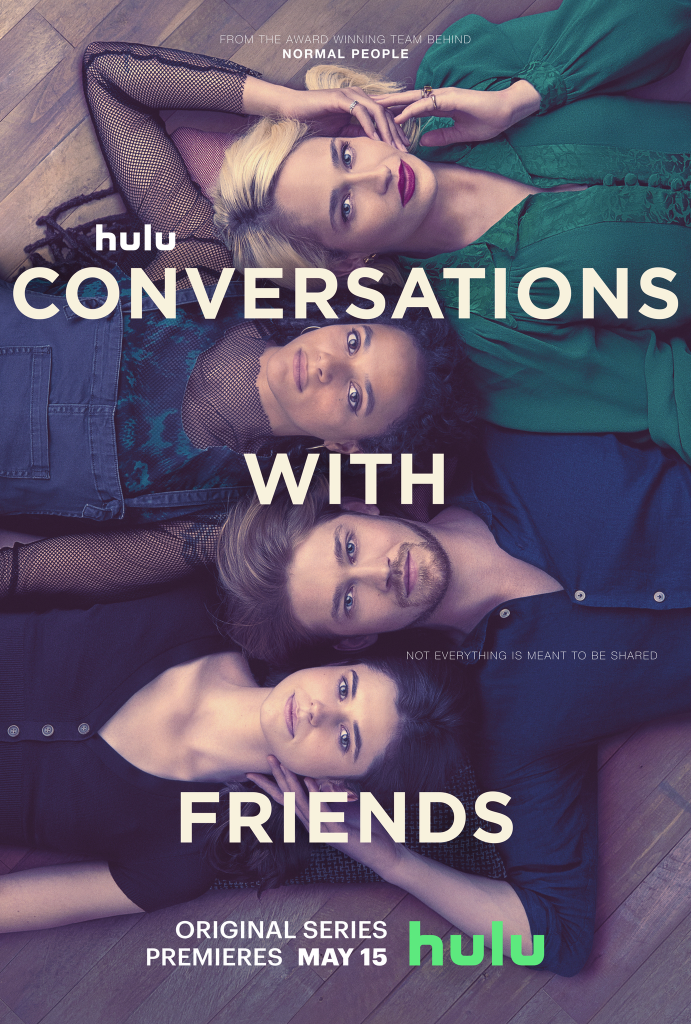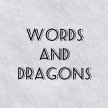
Ironically, Conversations with Friends is a TV show that didn’t listen to its source material. I first read Conversations with Friends years ago, and it quickly became my favourite book. In fact, loving this book basically became my entire personality. I talked about this book excessively, I wrote my favourite blog post ever about it (hint, hint), and I instantly ordered and devoured Normal People the very same day. Yet, the Conversations with Friends TV show failed to live up to my expectations.
Firstly, it failed to draw me in. I was so excited to finally get round to watching the show, but when I watched the first episode I felt no compulsion to continue watching it. I actually found it a struggle to even get through the first episode. It could be that I was overly familiar with the story, but I don’t quite think that was the case. Sometimes it can be hard to watch something when you know the plot back to front, yet I found it easy to reread the novel just a year ago. Instead, I think it simply lacked the dynamism of the book and the instant chemistry of Normal People. It was clear from the beginning that this show was not going to be a repeat of the first Sally Rooney adaptions. People would not go around buying items of jewellery to be like one of the main characters, Instagram accounts would not be dedicated to the actresses’ hairstyles, and most certainly wasn’t going to be a massive hit. Instead, it was an okay TV show that people enjoyed but forgotten about in a couple of months (I am writing this review about a month or two after the show’s release and honestly I have no idea if it is even still relevant). I am writing this review not to be trendy, but to finally express my detailed thoughts. My friends are probably thankful I am no longer spamming their inboxes with my rambly thoughts.
The book centres around four characters who fail to effectively communicate, but the show failed to communicate this. Mainly, I think this was because the show simply didn’t include enough conversations. Don’t get me wrong, the book has a lot of sex scenes but because it is a novel the focus on the sex scenes is not on the sex itself but Francis’s thoughts. The scenes express the incomplete connection between Francis and Nick. Whereas, in the show, the sex scenes were nothing other than sex scenes. They didn’t go as far as to titillate the viewer, but they also didn’t add anything to the plot or the characters. I truly did not see the point of them, or why they were so long. It felt like they were trying to recapture the magic of Normal People. But in Normal People, the sex scenes coincided with romance, spiritual connection, and beautiful acting. In Normal People the sex scenes served a purpose. Sure there were a lot of them, but the inclusion of the sex scenes added to the show. Looking back, I can clearly remember Marianne asking Connel if he liked her during the middle of sex and it being this great awkward scene. I cannot do the same for Conversations with Friends, despite having watched it literally last month.
I think the show could have benefited from more dialogue. Obviously, the characters do not communicate properly, so it should include some withheld and obscured thoughts, but the characters do spend time together talking. They don’t just oscillate around each other in silence. ‘Character’s oscillating around each other in silence’ could easily be the tagline for the show. They never seem to directly interact. The book includes loads of scenes of the characters simply spending time together. Nick and Francis interact without sex. They drink and eat together. They chill on the couch. It is in these moments that the show was truly missing.
Yet, despite excluding lots of key character scenes, it also felt incredibly long. It might just be that the pacing was slightly weird (I definitely found the last couple of episodes more engaging than the rest), but the middle of the show dragged on and on for seemingly no reason. I don’t quite know how the show managed this. How can a twelve-episode show exclude so much of a three-hundred-page book and still feel drawn out?
The show also needed to include some backstory. One of my main complaints was that Bobbie and Francis do not feel like friends in the TV show. I know that their friendship is meant to be toxic at this moment, but they do actually care for each other. As a viewer, you need to understand that they are inseparable and have known each other for so long that they simply cannot exist without the other. Not to place too much emphasis on this, but one of the reasons their relationship felt strange was the decision to make Bobbi American. Not only was this baffling (I honestly have no idea why she was American), but it also meant that the viewer did not understand how deep-routed Francis and Bobbi’s relationship was. They felt like two people forced together by a university dorm room rather than two lifelong friends who evolved in relation to each other.
Don’t get me wrong there were elements of the show I did enjoy. I really loved the last episode. I found this really engaging and it at this point, I started to understand Francis. However, this should have come much earlier. When reading the book, you are obviously in Francis’s head so you are forced to see her and the show fails to convey this from the beginning. The viewer starts to understand her because of the sheer amount of time they have spent with her rather than because of any deliberate filmmaking techniques. A lot of my issues come down to the fact that it simply failed to adapt. It failed to reflect the tone and message of the book and also failed to adapt to a different form of media. TV is different from books (a fact that I shouldn’t need to state) and the show did not make the effort to convey Francis’s thoughts with this new medium in mind.
In fact, the only thing I think the show adapted well were the settings. Francis’s apartment and the university were almost exactly what I had pictured. You know a show wasn’t great when your favourite thing about it was the locations chosen.

